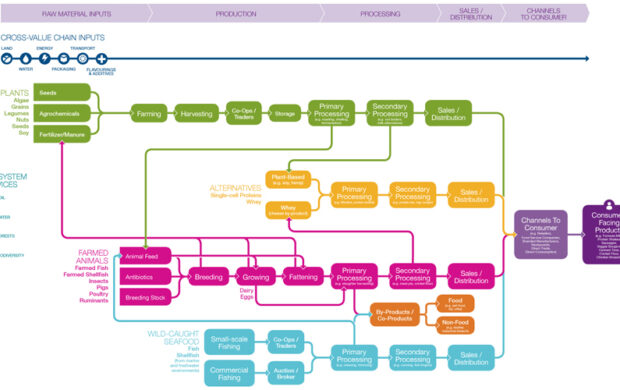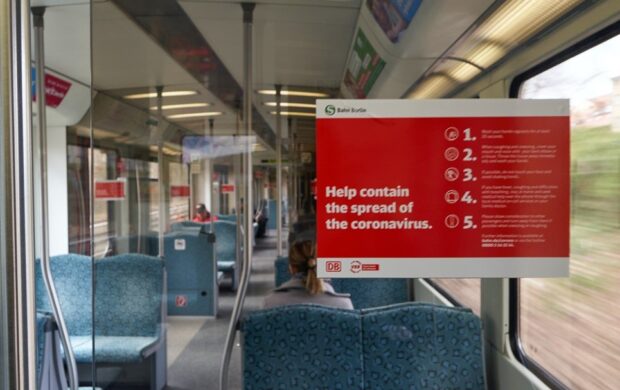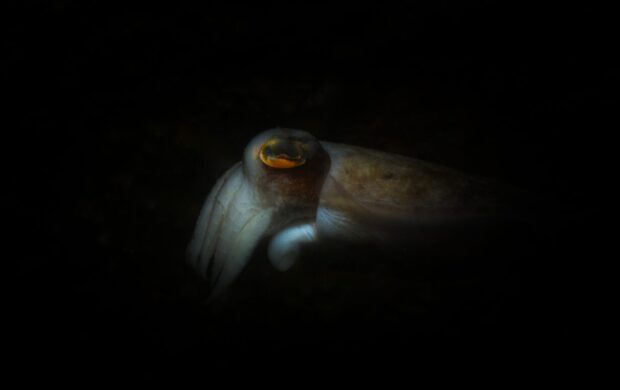American Express and Parley for the Oceans have partnered to create a credit card from upcycled plastic marine debris. The first ocean plastic card is a prototype currently undergoing testing and refinement. Public availability is anticipated in the next 12 months. The goal of this special issue card is to combat plastic pollution crisis in the oceans and to raise awareness of this important issue.
Doug Buckminster of American Express points out that “our oceans play a vital role in our lives, the health of our planet and the health of travel and tourism, which American Express has long supported”. He adds that, “it’s important that we raise awareness and do our part to keep our oceans blue. Partnering with Parley is the right next step as we pursue our larger vision of backing our communities and sustaining the planet we share.” The company has also launched a plastic waste reduction policy at its global operations and is pursuing a zero waste certification for its NYC headquarters by 2025.
















